Spring is in the air! The flowers and grasses are springing from the ground and celebrating the joys of botanical bounty by filling the air with beautiful, golden pollen. And what is the result of this glorious celebration of new life and beauty?
Everyone is sneezing their brains out!
That’s right. Spring time is also allergy time. So what do we do? Well we can hide in our house and load up with eye drops and inhalers and antihistamines or, we can embrace the natural world that’s causing all of this and let the green rascals help us. As it turns out, plants are particularly good at solving allergy problems. And, if you don’t believe me ask yourself; when is the last time you saw a weed sneezing or wheezing or itching? Right? So they’re obviously very good at it.
Allergies are principally caused by chemicals called histamines which are produced by our immune systems. Histamines serve a number of interesting and important roles related to the immune system (We talk about all of those things in the HomeGrown Herbalist School by the way). With regards to allergies, histamines serve the purpose of driving the offending material (pollen, dust, germs) from our body by increasing mucus flow and causing sneezing. Our noses get very excited about this idea of driving out the bad guys and start sneezing like crazy…you know…to make us feel better. Yeah, noses are pretty dumb.
All kidding aside, let’s talk about some of these great anti-allergy plants.
One of my favorite herbs for allergy symptoms is Brigham tea (Ephedra viridis or E. nevadensis) is great at decreasing or eliminating the effects of histamines has some excellent decongestant and broncho-dilating effects as it opens up the tissues of the lungs and sinuses. It also has anti-inflammatory effects on those tissues. Folks that use Brigham tea a couple of times a day tend to need much less (if any) allergy medicine. It’s also a great source of minerals and a mild stimulant. So instead of feeling groggy and tired after taking a pharmaceutical antihistamine, you feel energized and happy to get some things done.
Eyebright is another good allergy herb. This cute little flower contains several bioactive compounds, including iridoid glycosides and flavonoids, which have antioxidant and anti-inflammatory effects. These compounds can help reduce inflammation in the body, including inflammation caused by allergies. Additionally, eyebright has been shown to inhibit the release of histamine.
Stinging nettle leaf is really great for allergies to. It interferes with histamine production. It also interferes with histamine release from the mast cells that produce it. It also prevents histamine that’s already released from binding to tissues. So, it slows down histamine production, decreases its release and keep it from doing its job of aggravating everything if it is released. Talk about a package deal! Oh, and if that isn’t enough, nettles contains some flavenoids that are anti-inflammatory in general.
So, we’ve identified several herbs that interfere with histamine production, release or activity as well as some that relieve the symptoms of its release. But there’s one more tack we can take to decrease the miseries of allergies. We can make the histamine go away faster!
Histamine is eliminated from the body by the liver. The liver likes doing it, but there are some great plants to make the liver even more excited to get that job done. These plants are called cholagogues. Cholagogues are basically liver tonics. They stimulate the liver to do it job and give it some resources so that it can do it better. One of those resources is a chemical called berberine. Berberine is found in a wonderful plant called Oregon grape (Mahonia repens). Oregon grape is a great cholagogue but, as if that weren’t enough, it also has some direct antihistamine actions. It also has good antioxidant levels and immunomodulatory effects, which can help reduce inflammation and support overall immune function.
So there you have it, a nice foursome of sneeze-snuffing herbs that covers all the bases and protects the body from the aggravations of allergies. If you’d like to get to know these four plants better, have a look at the HomeGrown Herbalist Histamine formula. If you’d like to get to know them LOTS better, have a look at The HomeGrown Herbalist School of Botanical medicine. The school has several lessons just on allergies and autoimmune disease and several others on other immune system topics. We’d love to have you join us. :0)
Doc Jones
HomeGrown Herbalist School of Botanical Medicine



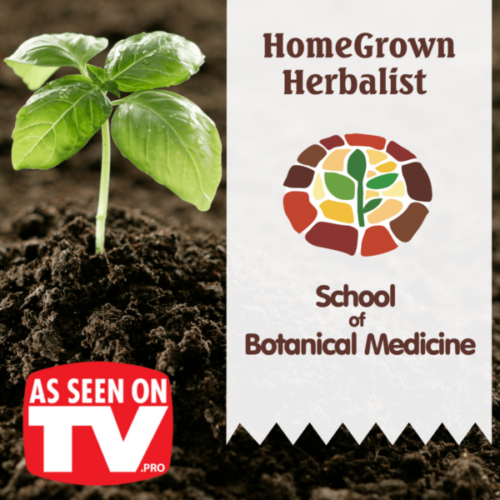
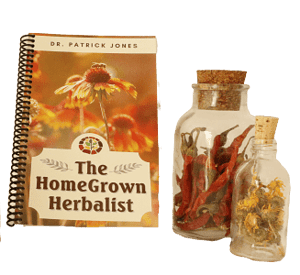

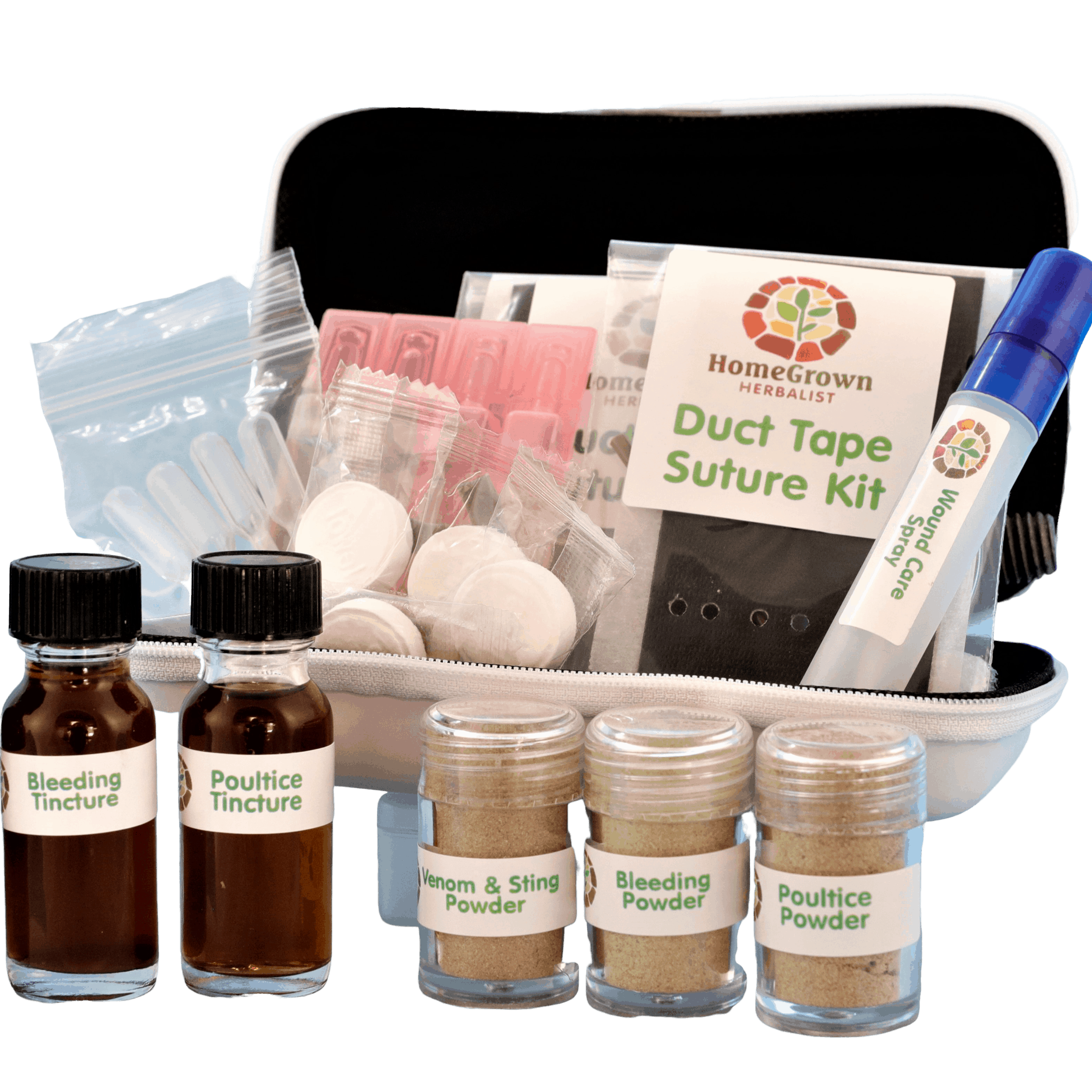
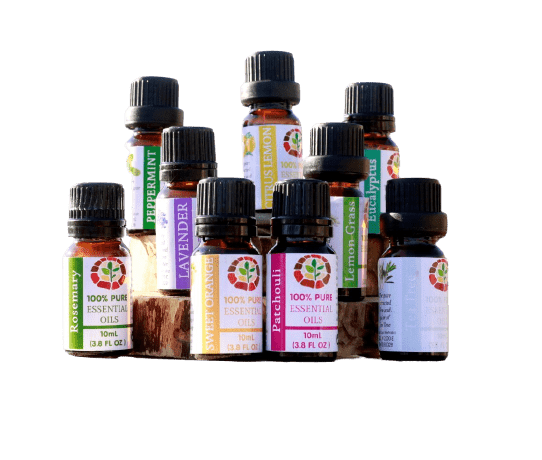
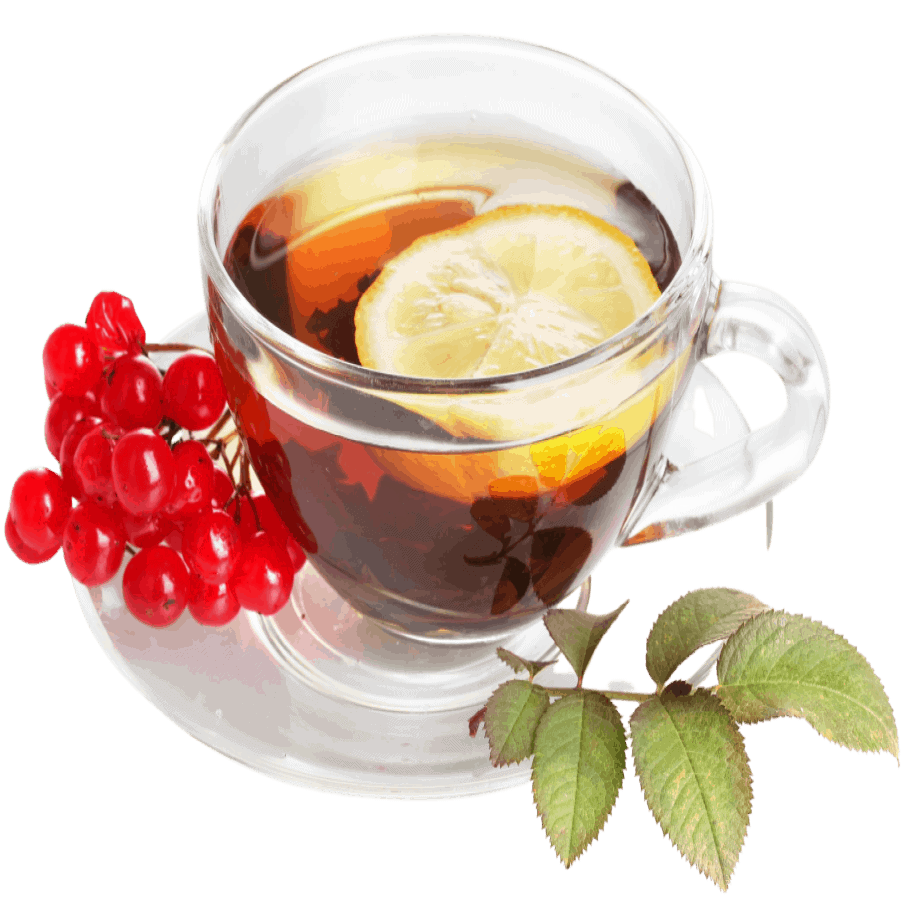
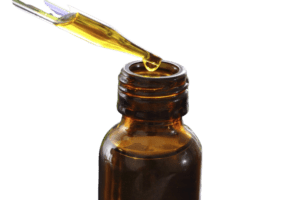
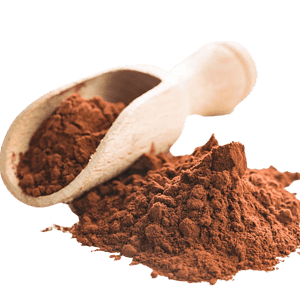
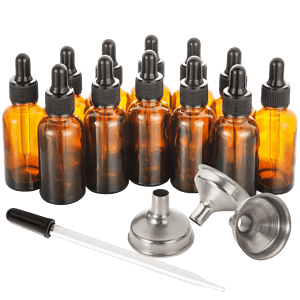
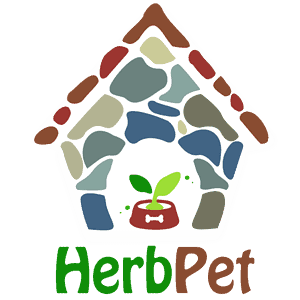
My son has terrible allergies when it’s cottonwood/poplar season. There are so many around us it looks like it has snowed some days when they drop there bajillion seeds. He suffered terribly from that, and would have milder allergy attacks when weeding and doing some other yardwork. I now give him a tincture of equal parts stinging nettle, yarrow, and goldenrod and it is AMAZING! He takes it before going outside on poplar days or before working with old plants or weeding and never feels a thing. If he forgets, he’ll come back in and take it and it works within 10-15 minutes. I know with allergy medicine there is always that point of no return, where if you wait too long to take it, it doesn’t do any good unless it’s one that knocks you out. But we haven’t seen that happen with this tincture. (For anyone wondering, he’s 16 and a big, healthy kid and he takes 1 & 1/2 tsp of the tincture. Obviously strength will vary depending on who’s making it, etc.)
love the histamine capsules!
I make a half gallon of tea at a time with stinging nettle, home grown stevia leaves, some herbs for flavor,(My favorite are chocolate mint or chamomile) and any other healthy herbs I feel like throwing in. Then when cool I keep in refrigerator. If I drink a glass before bed I will not wake up sneezing and congested. But I usually drink it anytime I’m thirsty. I was really surprised how well the stinging nettle works. I am now growing my own and freeze drying.
Besides tinctures that you sell, where can I get eyebright herb or seeds? Struggling to find it at all my online herb stores.
I’ve bought herb seeds and plants from companionplants.com and strictlymedicinalseeds.com
Great information. Love your little quips may sign up for your school